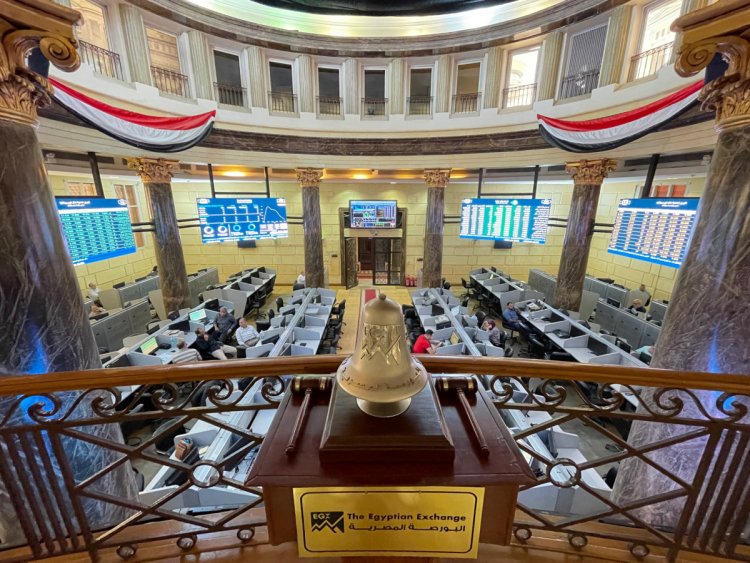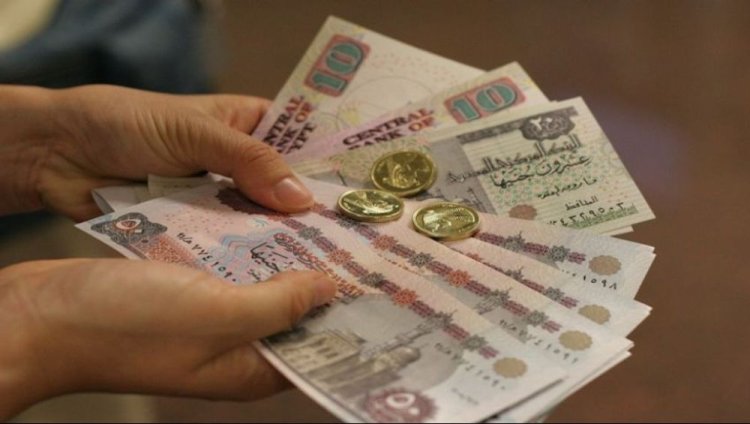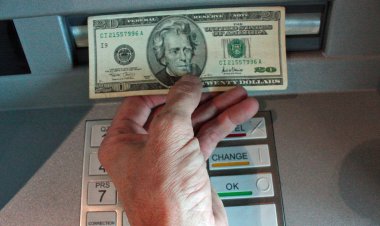The Egyptian Stock Exchange gains 18 billion pounds, supported by purchases by Egyptians and foreigners

Purchases by Egyptians and foreigners collectively rise in Egyptian stock market indices
Egyptian stock market indices rose collectively at the end of today's trading session, Wednesday, November 22, 2023, supported by the buying of Egyptian and foreign traders.
According to Egyptian Stock Exchange data, Arab trading tended to sell, with trades amounting to 4.6 billion pounds, and a market capitalization gain of 18 billion pounds at the level of 1.691 trillion pounds.
EGX30 index rises
The EGX 30 Index rose by 1.03% to close at 25,029 points, the EGX 30 Weighted Index rose by 0.99% to close at 30,186 points, and the EGX 30 Total Return Index jumped by 1% to close at 10,652. a point.
The “EGX 70 Equal Weights” index also rose by 2.03% to close at 5033 points, and the “EGX 100 Equal Weights” index rose by 1.85% to close at 7378 points.
Egyptian and foreign investors recorded net purchases of 33.8 million pounds and 62.4 million pounds, respectively, while the Arabs intended to sell for 96.2 million pounds. The total trading value amounted to about 4.6 billion pounds, and the quantity was 1.6 billion papers executed in 126 thousand transactions throughout today’s transactions.

Calls to boycott Israeli goods and products
On the other hand, as the war intensifies in the Gaza Strip and more casualties fall on a daily basis, calls have emerged to boycott Israeli goods and products and international companies that allegedly support the Israeli army or government.
The talk of a boycott is not new in the Arab and Islamic worlds, as there has been much discussion for years about the feasibility of the matter from both economic and political standpoints.
Sometimes the reasons for calling for a boycott are political, and other times they are religious.
For example, during the American invasion of Iraq about twenty years ago, there was a boycott of American products in Arab countries. The last popular boycott campaigns before the Gaza War were those supported by religious institutions such as Al-Azhar, calling for a boycott of Swedish and Danish products in response to the two countries allowing the burning of the Qur’an, an act that Al-Azhar considered part of “racist campaigns against Islam and Muslims.”

Supporters of the boycott
Supporters of the boycott believe it will support and encourage local products and businesses. For example, an Egyptian soft drinks production company that had not previously been widely popular announced the expansion of the distribution of its products to include more governorates in the country. It also stated in a recent Facebook post that it had received more than 15,000 CVs, a much larger number than it had expected. After announcing job vacancies due to the popularity of its products amid calls to boycott American soft drinks.
Many Egyptian social media users shared posts encouraging shops to follow the example of a supermarket chain that began selling “only national Egyptian products.”


 Shrouq
Shrouq 












